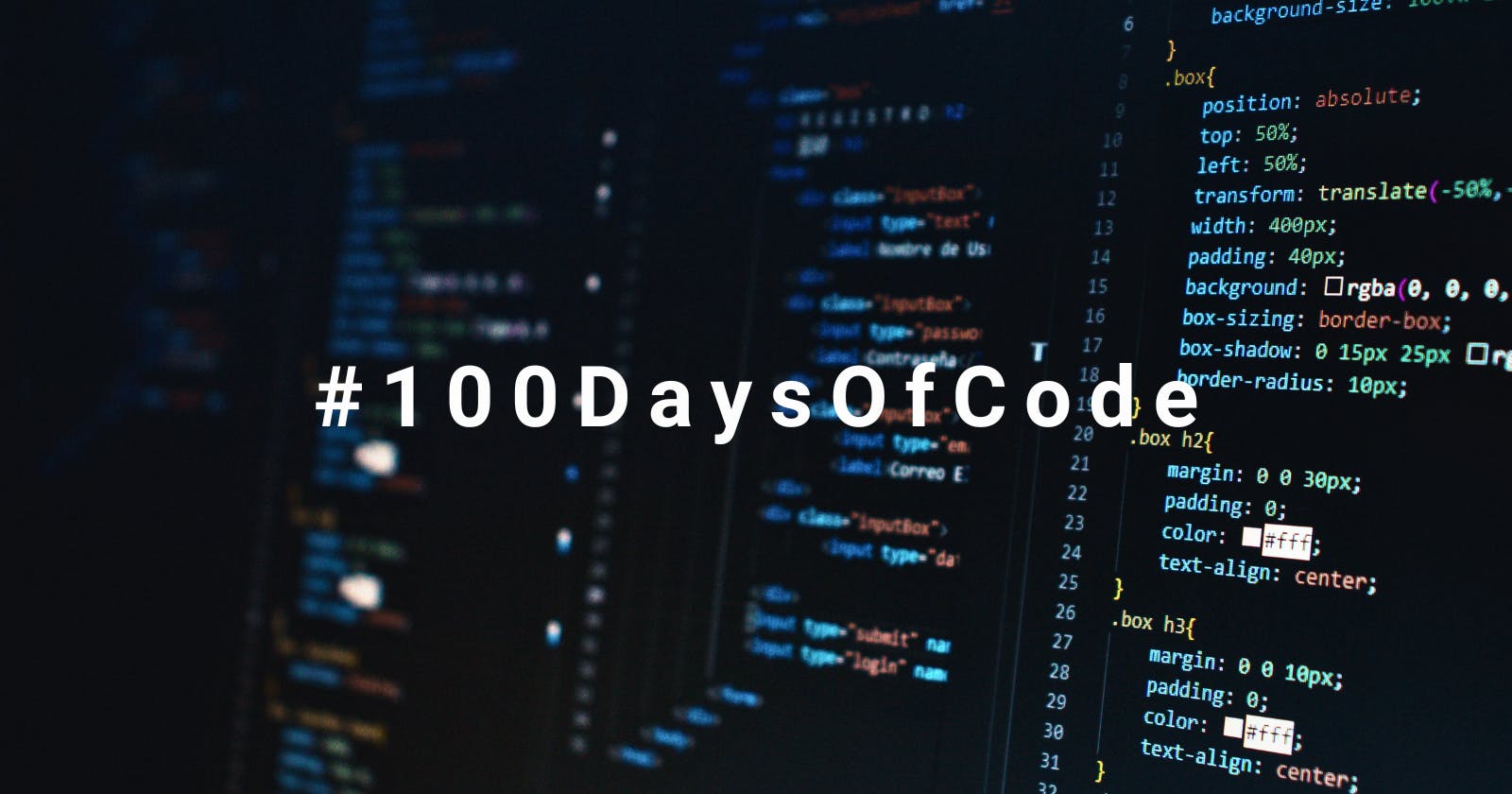Today marks day 100 of my #100DaysOfCode challenge. An initiative pioneered by Alexander Kallaway, its purpose is to help individuals cultivate consistent habits around coding and to forge a community where like-minded individuals share their journeys.
The concept is simple, commit publicly to coding for a minimum of 1 hour a day for 100 consecutive days and share your journey daily via the #100DaysOfCode hashtag.
My experience
One of the main motivations behind undertaking this challenge was that it seemed like a great way to measure my progress. It’s often easy to lose track of how far we have come in our relentless pursuit of progress. Sometimes you need to take a moment and acknowledge your achievements along the way.
To put that into context, during my 100 days challenge I’ve completed a total of 7 projects from The Odin Project.
The most recent of which was a tic-tac-toe game which focused on using the principles of Object Oriented Javascript. If you're interested, here is the Github Repo.
Looking back to day 1, I was just starting to work on another game: Rock Paper Scissors. While both are still relatively simple projects, when comparing the two side by side the progress is evident, not only has the quality of the code improved, but also my understanding and depth of knowledge of Javascript.
Consistency is the name of the game
Some days, motivation is lacking. But you'll still have to find ways to meet your daily goal. We all experience constraints on our time, life happens. On such days I found breaking up that 1 hour of coding time into smaller bite-size portions was a great workaround. 10 minutes here, 20 minutes there, it all adds up. Be aware that some days you’ll barely have time to meet the minimum 1 hour and that's ok. On other days you’ll go deep into an 8-hour session. It all balances out in the end.
Getting started is often the biggest obstacle each day, and for that, the Pomodoro technique is a great tool to get you going. Focus on completing just that 25-minute session, it will more often than not lead to another Pomodoro round, then another.
My interpretation of the challenge
I didn't write code every single day (although by and large, I did), some days were focused on studying a new topic, reading documentation, revision of past concepts or developing my project ideas.
For me, 100 Days of Code coding wasn't always about the act of writing code, it was about developing a broader skillset related to coding. Accumulating that knowledge and putting it into practice every day.
Tips
A solid course such as The Odin Project proved pivotal to keeping me on track with a game plan. Not wasting time wondering what to learn or do next.
Take those decisions out of the equation by preparing a schedule or plan which will keep you busy, and interested for 100 days.
Also, prep your coding session the day before. Don't be wasting 10 minutes booting up your laptop, installing updates and googling around what to study next. Get that all ready in advance so you're productive from the moment you start your session.
Looking Ahead
For now, I intend to take a break from 100 Days Of Code. I’ll still be coding every day but will just tweet about the more significant projects and milestones.
However, I intend to return for a second round at some point in the future. I think a nice twist on the challenge would be to focus the 100 days on a single large project and see how it turns out.

